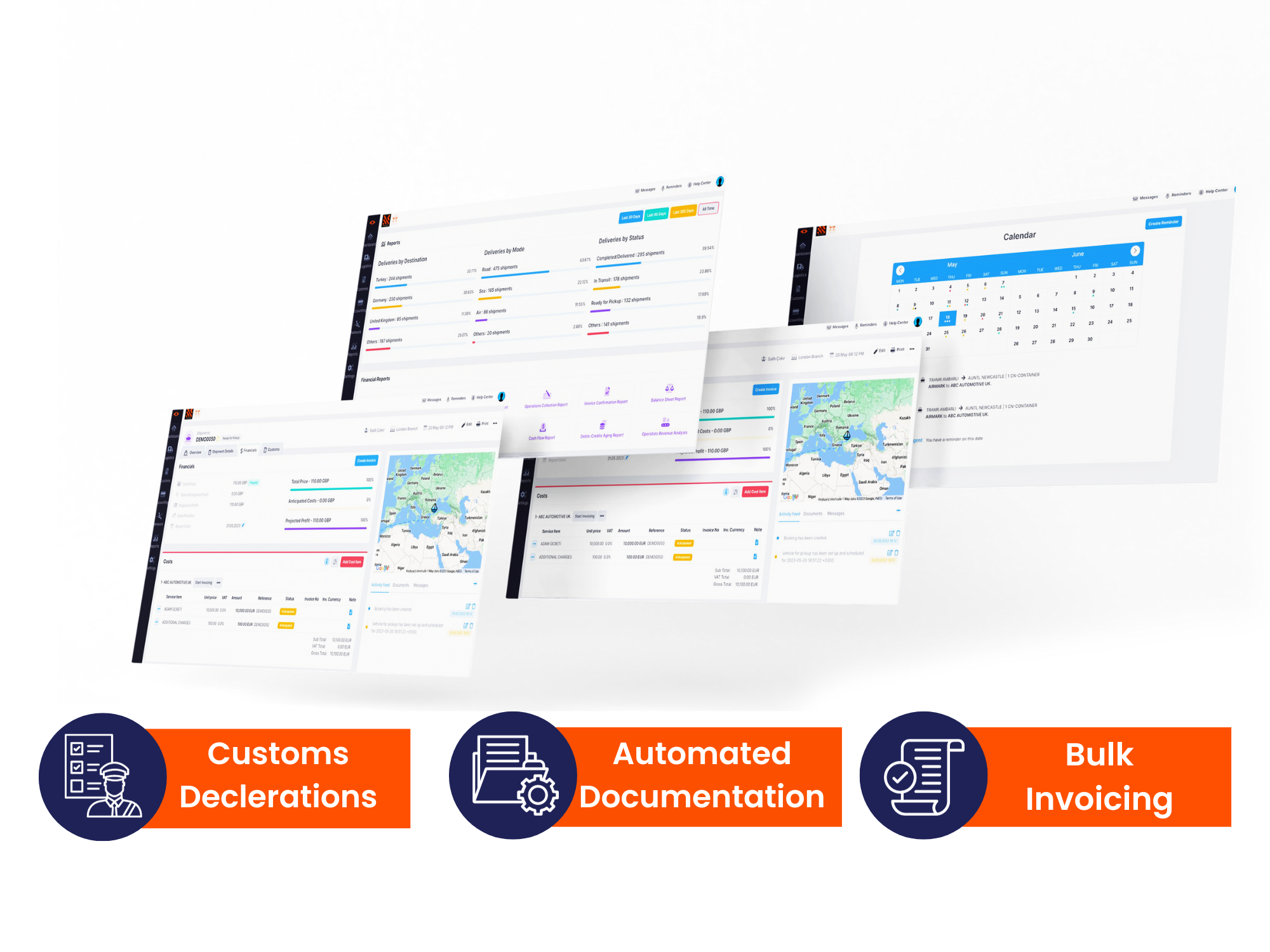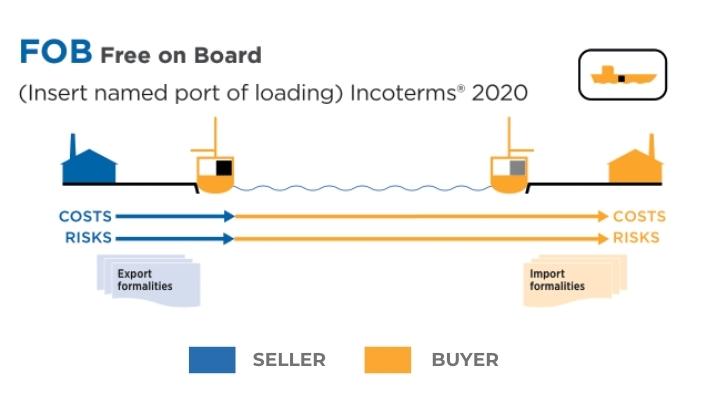What does CPT Mean in Shipping Terms?
In the intricate realm of global trade, a multitude of acronyms and terminology can often leave even the most seasoned professionals perplexed. Among these, the term "CPT" stands out as a pivotal concept that governs the intricate dance of transporting goods across borders. This comprehensive guide aims to unravel the enigma surrounding CPT Mean, empowering you with a profound understanding of its nuances and implications for both buyers and sellers.
The Origins of Incoterms: A Historical Perspective
To fully grasp the significance of CPT, it is essential to delve into the origins of Incoterms—the internationally recognized trade terms that serve as the backbone of global commerce. Introduced by the International Chamber of Commerce in 1936, Incoterms have undergone periodic revisions, with the latest iteration being Incoterms 2020. These standardized terms play a crucial role in resolving misunderstandings and fostering clarity throughout the complex process of transporting goods worldwide.
CPT: The Cornerstone of International Trade
Within the realm of Incoterms, CPT, an acronym for "Carriage Paid To," emerges as a fundamental concept that dictates the responsibilities and obligations of both buyers and sellers. At its core, CPT encapsulates the seller's commitment to bear the freight charges associated with delivering the goods to an agreed-upon destination. This seemingly straightforward notion belies a multifaceted web of nuances that shape the dynamics of international trade transactions.
Unraveling the Meaning of "Carriage Paid To"
The phrase "Carriage Paid To" lies at the heart of CPT, defining the seller's obligation to cover the transportation costs up to a predetermined point. When a seller and buyer enter into a CPT agreement, the seller assumes responsibility for delivering the goods to the first carrier, be it an air freight company, a shipping line, or a trucking service. This initial handover marks a pivotal moment, as the risk associated with the shipment transfers from the seller to the buyer.
The Pivotal Role of the First Carrier
In the intricate choreography of a CPT transaction, the first carrier assumes a pivotal role. This entity, entrusted with receiving the goods from the seller, becomes the linchpin upon which the seamless transition of responsibilities hinges. The first carrier's obligations encompass a myriad of tasks, from managing shipping documents to ensuring compliance with international trade laws and Incoterms rules.
Seller's Duties: A Comprehensive Overview
Under the auspices of a CPT agreement, the seller assumes a multitude of responsibilities that extend beyond merely paying freight charges. These obligations span a broad spectrum, encompassing export formalities, the preparation of essential documentation, and the delivery of goods to the agreed-upon first carrier. Failure to fulfill these duties can result in costly delays, underscoring the importance of meticulous adherence to CPT rules.
Risk and Cost Transfer: Navigating the Intricacies
Navigating the complexities of a CPT agreement necessitates a profound understanding of when and how risk and costs transfer from one party to another. While the risk transfers to the buyer upon delivery to the first carrier, the issue of cost transfer is more nuanced. The buyer must be prepared to shoulder additional expenses, such as terminal handling charges, insurance premiums, and potential import duties, once the goods are in the hands of the first carrier.
The Buyer's Perspective: Assumptions and Responsibilities
From the buyer's vantage point, a CPT agreement may initially appear advantageous, as the seller bears the initial transportation costs. However, it is imperative for buyers to comprehend the responsibilities they assume once the goods are handed over to the first carrier. These obligations encompass a wide array of considerations, including the procurement of insurance coverage, the navigation of import clearance procedures, and the potential costs associated with contracting subsequent carriers for the journey's remaining legs.
CPT vs. Other Incoterms: A Comparative Analysis
To truly grasp the nuances of CPT, it is instructive to compare and contrast it with other prevalent Incoterms, such as "Delivered Duty Paid" (DDP). While CPT places a significant burden on the seller up to the first carrier, DDP represents a more seller-centric approach, where the seller assumes responsibility for delivering the goods and covering all costs, including import duties, right up to the buyer's warehouse. Understanding these distinctions empowers both parties to negotiate agreements that align with their respective needs, budgets, and risk tolerance.
Common Pitfalls and Strategies for Avoidance
Even the most seasoned professionals in international trade can fall victim to pitfalls when navigating CPT agreements. Misunderstanding the precise moment when risk transfers, overlooking export requirements, or underestimating potential costs are just a few of the common mistakes that can derail a smooth transaction. To mitigate these risks, it is imperative to thoroughly familiarize oneself with CPT rules, plan for contingencies by allocating buffers in budgets, and seek expert guidance when dealing with complex scenarios.
Mastering CPT for Successful International Trade
Mastering the intricacies of CPT is an indispensable skill for anyone engaged in the realm of international trade. From understanding the pivotal role of the first carrier to recognizing the nuances of risk and cost transfer, each aspect of CPT holds profound implications for both buyers and sellers. By carefully studying CPT rules, comparing them with other Incoterms, and applying this invaluable knowledge to future transactions, businesses can navigate the complexities of global commerce with confidence, reducing transportation risks and fostering mutually beneficial partnerships.
In the ever-evolving landscape of international trade, the ability to navigate the complexities of CPT Mean is a testament to a company's expertise and commitment to excellence. At Modaltrans, we pride ourselves on our deep understanding of Incoterms and our unwavering dedication to empowering our clients with the knowledge and tools necessary to thrive in the global marketplace.




SHARE